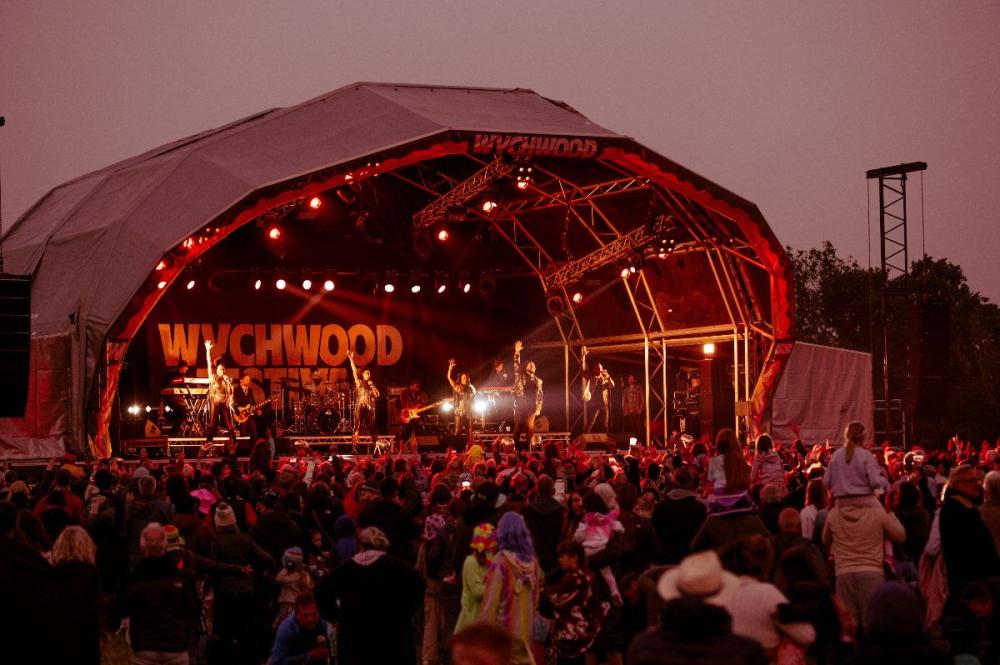In recent years, the way people spend their leisure time has changed drastically across the UK. The after-work routine that might have once involved a visit to the local cinema or flipping through a record shop has largely moved into the digital space. Whether it's catching up on the latest drama series, joining a group gaming session, or playing music on-demand, remote entertainment has become a central part of everyday life—and it's showing no sign of slowing down.
Streaming, Music and Games: The New Normal
Entertainment used to be something people scheduled around. A specific time for a show, a planned night out at the arcade, or a set date to rent a film. Now, it's on-demand, 24/7. Video streaming services like Netflix, Prime Video, and Disney+ have completely changed the expectations of viewers, who now decide what to watch and when. In 2023 alone, the UK video sector reached a value of £4.92 billion, with 96.4% of that coming from digital formats.
Meanwhile, the music industry has shifted almost entirely to streaming. Traditional album sales have taken a backseat, replaced by monthly subscriptions and curated playlists. Games, too, have experienced a similar transformation, now worth £4.74 billion in the UK. The rise of casual and social gaming, driven by smartphones and faster internet speeds, means anyone can jump into a game without needing a console or complicated setup.
These shifts have been fuelled not only by convenience, but by accessibility. Features like free trials, tiered subscriptions, and instant payment options have made it easier than ever to access entertainment from the comfort of home. Even in areas such as interactive gaming platforms, perks like free spins, welcome bonuses, and fast payment methods are now standard expectations—seen clearly in the case of services such as an online casino, no verification required. At these sites, users can join and start playing without going through extended sign-up hurdles. These types of platforms reflect a broader move toward entertainment that fits around people’s lives, not the other way around.
How Convenience Has Become King
It’s not just about access anymore—it’s about instant gratification. Waiting days for a new release or sharing the remote feels almost outdated. With entertainment now served through apps and browsers, the shift has made physical formats nearly obsolete. The resurgence of vinyl aside, most physical media is in decline. In 2024, UK consumer spending on home entertainment (including digital and disc formats) climbed past £5 billion for the first time, with streaming responsible for the majority of that growth.
On the games front, ease of access is a huge factor in rising popularity. Whether someone has five minutes or fifty, there's always a game or platform ready to match the mood. The introduction of ad-supported tiers across entertainment platforms has also brought subscription costs down, attracting even more users. In fact, streaming platforms that introduced ads added around £400 million to the UK market in 2024 alone.
This trend is visible in how entertainment fits into the average day. People listen to music while commuting, watch TV during lunch, or play games between meetings. Entertainment no longer requires a special occasion; it’s become part of the everyday.
Where the Market Is Heading
Looking ahead, it’s clear this is more than a phase. By 2028, the UK’s entertainment and media market is projected to reach £121 billion. That includes everything from video and games to digital publications and music streaming. Much of this growth will be powered by advancements in broadband speed and mobile access, making remote services more reliable and accessible across the country.
At the same time, entertainment providers are racing to offer better, faster, and more tailored experiences. Algorithms now serve up music before listeners even know they want it. Games adapt difficulty based on skill level. Streaming platforms continue to refine their interfaces to reduce search fatigue.
All of this adds up to a simple truth: the UK’s entertainment habits have permanently shifted. And in doing so, they’ve set the tone for a market that values flexibility, simplicity and speed—without compromising on variety or quality.
Final Thoughts
The appeal of remote entertainment isn’t just the convenience—it’s the control. People can pick what, when and how they watch, listen, or play. They can jump in and out without planning ahead or committing to a full evening. It suits the pace of modern life, where downtime is unpredictable and screen access is constant.
As consumer habits continue to shift, the entertainment industry is keeping pace—offering a smoother, more integrated experience that caters to a world where everything, even leisure, is expected to be instant. Whether it’s streaming the next episode of a hit series or dipping into a fast-paced mobile game, one thing is clear: remote entertainment is no longer an alternative—it’s the default.







